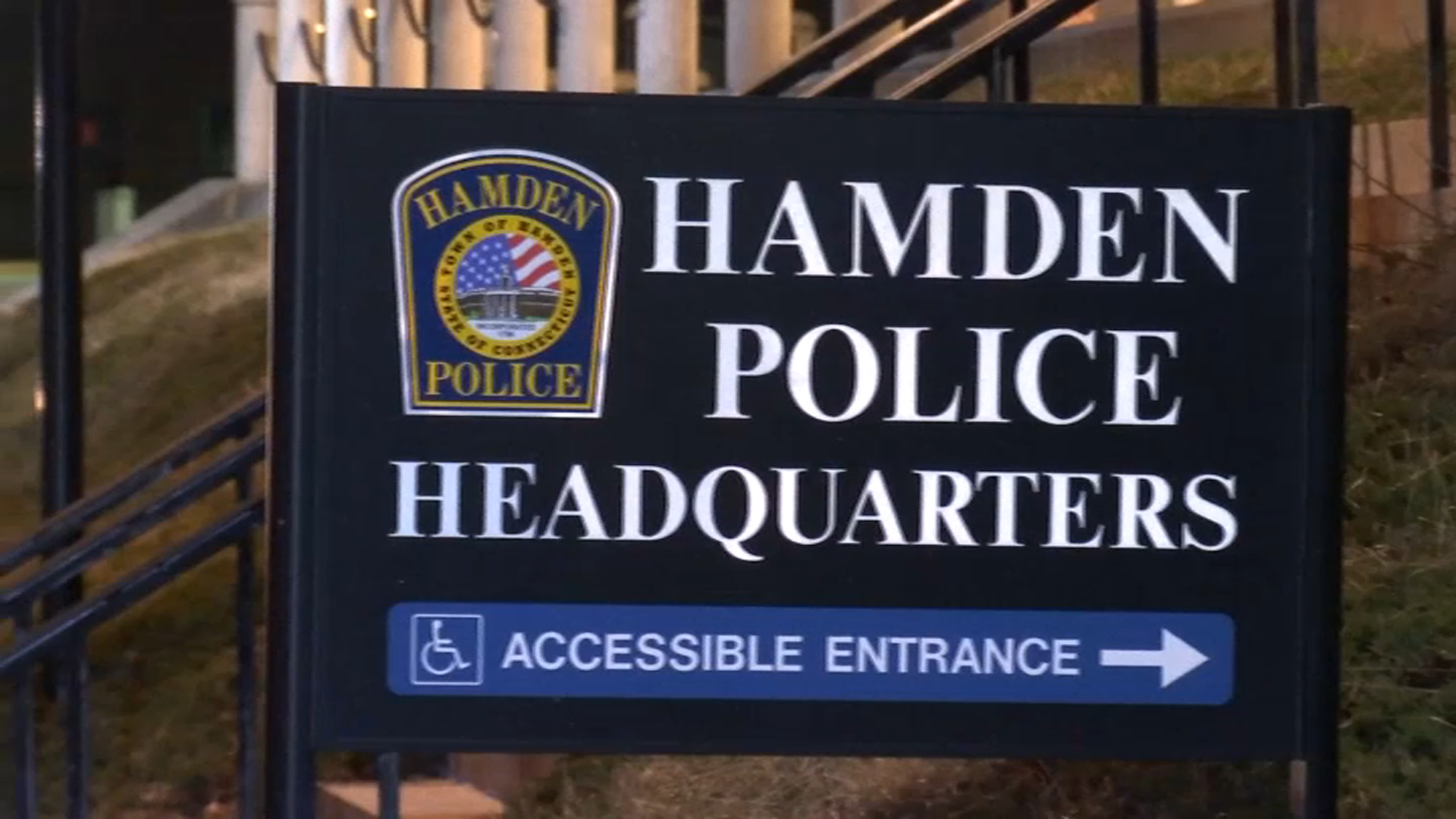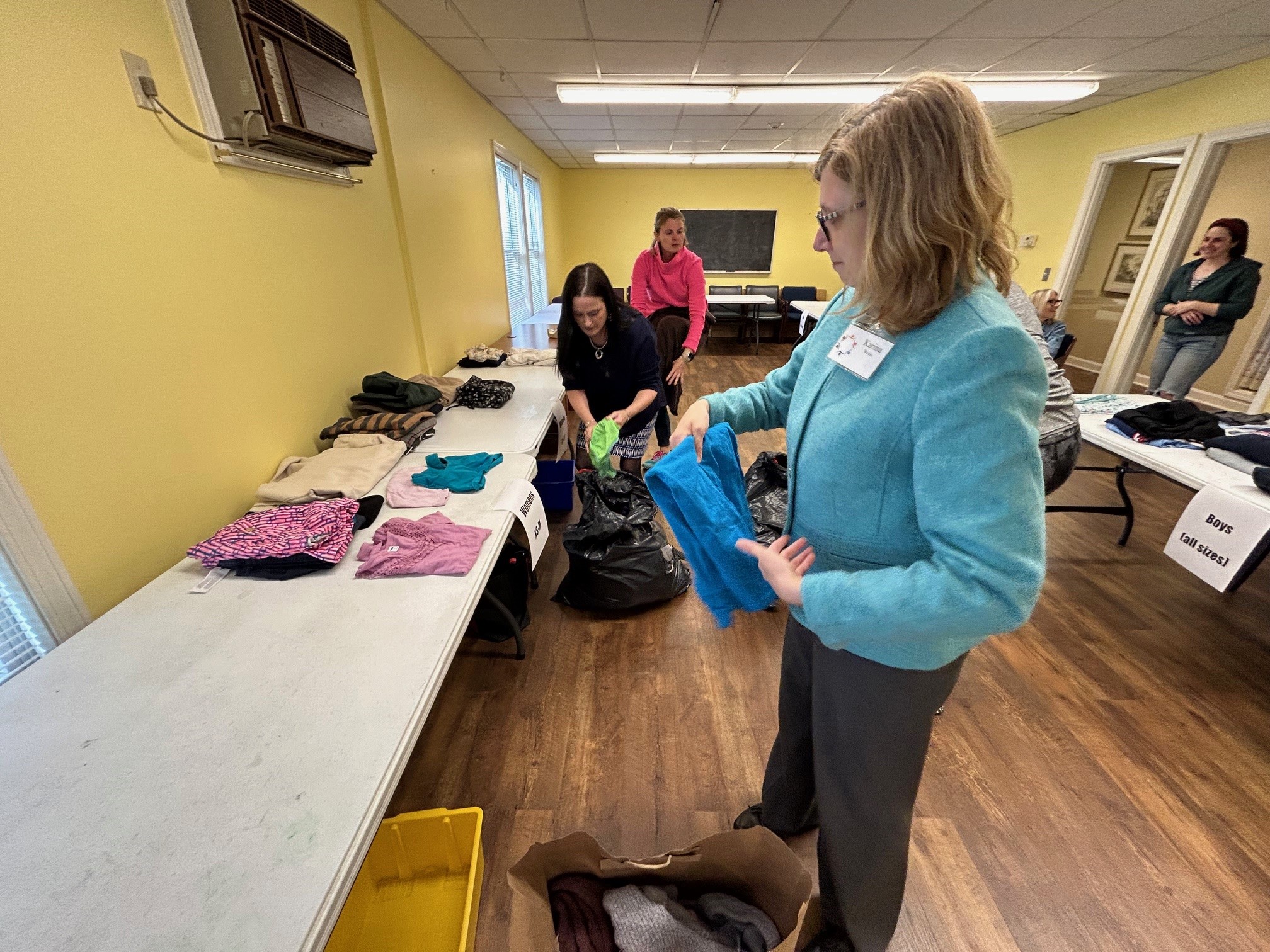Every week throughout the pandemic, a dedicated team has been making sure Connecticut residents don't go hungry. Connecticut Foodshare has fed thousands and thousands of families at their emergency distribution sites, which will continue through this month.
But how much longer will their services be needed? Feeding America says hunger has dropped over the past six months. In March of this year, the organization distributed 6 million pounds of food. By August, that number dropped to 4.6 million pounds. But still, Feeding America says the amount of food they're distributing is 55% higher than pre-pandemic levels.
Connecticut Foodshare President Jason Jakubowski sat down with NBC Connecticut's Jane Caffrey to discuss the latest on the situation.
Jane: "Jason, what are you seeing with your organization has the need decrease at all in recent months?"
Get Connecticut local news, weather forecasts and entertainment stories to your inbox. Sign up for NBC Connecticut newsletters.
Jakubowski: "Hi Jane, I think we're definitely seeing a lot of similarity as some many similarities to what Feeding America is reporting. Definitely, the number of people who are hungry, who are food insecure here in Connecticut has gone down from about a year ago, which was the peak of a pandemic, but we are absolutely not where we were pre-pandemic. So, for example, right now there's about 480,000 individuals in the state of Connecticut who are food insecure. That number was about 550,00 at the peak of the pandemic, but it was about 380,000 pre-pandemic.
Jane: "And what about the increase in SNAP benefits? The federal government just announced more than 214,000, Connecticut households will get at least $95 in extra benefits. That should help out right?"
Jakubowski: "Absolutely. That certainly cannot hurt. For every meal that we're able to distribute as a food bank SNAP is able to distribute 11. So they are the first line of defense against hunger and anybody who's eligible for for SNAP benefits should absolutely be signing up for them."
Local
Jane: "How much longer can your organization sustain these emergency distribution sites? All of this food has to come from somewhere. And I imagine you and your team could be feeling some kind of burnout too?"
Jakubowski: "Yes, these distributions cannot last forever. They are very expensive. They're very inefficient. They cost a tremendous amount of money. They are not the way that that food banks are supposed to operate. We have fully funded those through the end of October. But beyond that, I think we're looking to go back to regular programming. People need to figure out where their local pantries are. People need to figure out where they can go to get food on a more permanent basis."
Jakubowski: "I gotta tell you, it's not easy. And I think that that for a long period of time throughout most of the duration of the pandemic, I think a lot of our staff and a lot of our volunteers were just you know, let's go, let's go, let's go, let's go. We were so in the middle of things. Now, you know that we're starting to come out of this pandemic, I do think we're starting to reflect and I think we're starting to, you know, to sigh heavily and really recognize just how difficult these last 18 months have been. It's been amazing how people have stepped up to the to the plate and amazing how people have risen to the occasion over the last 18 months, but it's not gonna it can't last forever. It just, it just can't."



